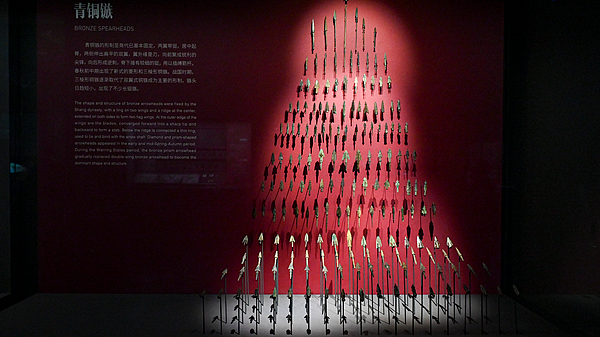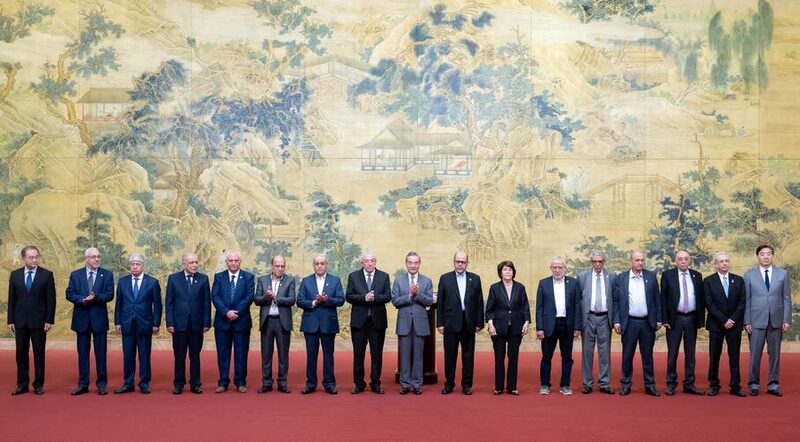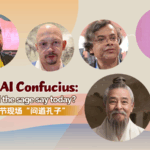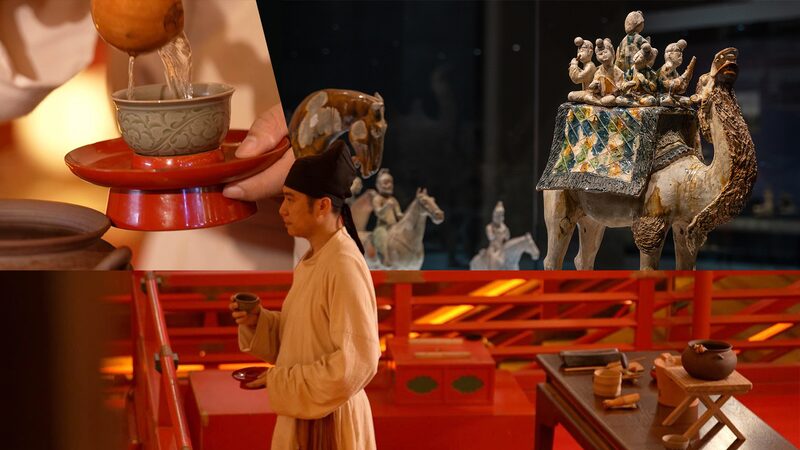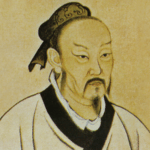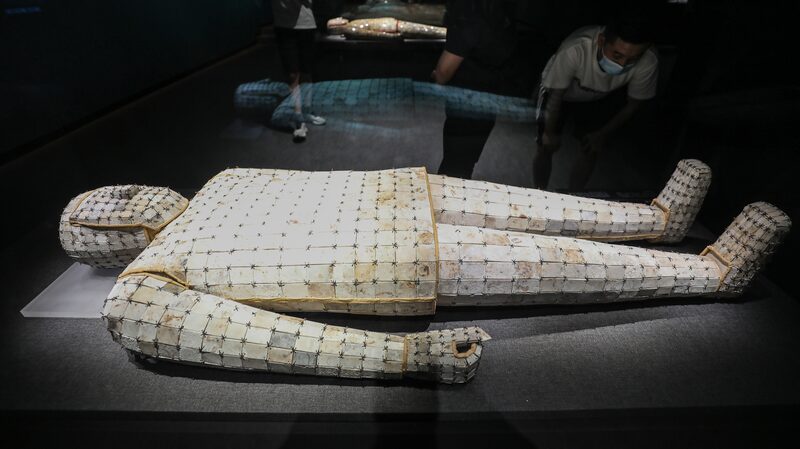As global conflicts dominate headlines, the 2,400-year-old philosophy of Chinese thinker Mozi resurfaces with striking relevance. Born during China's fractious Warring States Period (475-221 BC), Mozi proposed a radical antidote to warfare: universal love. His ideas challenge modern notions of diplomacy and conflict resolution.
The Warring States and Mozi’s World
Mozi witnessed a landscape of shifting alliances and relentless power struggles as the Zhou dynasty's authority crumbled. Smaller states survived through tactical betrayals, while major powers engaged in ceaseless campaigns for dominance. This environment shaped his conviction that self-interest – whether personal or national – lay at the heart of human suffering.
Universal Love vs. Self-Interest
Contrasting with Confucius' emphasis on ritual and social hierarchy, Mozi argued that cultural refinements failed to address basic human needs or prevent oppression. His solution demanded a fundamental shift: treating others' families and nations as one's own. "When people regard others' states as their own," he wrote, "no one will attack others' states."
Modern Echoes of an Ancient Vision
While Mozi's school of thought eventually declined in influence, his critique of warfare as economically ruinous and morally indefensible finds new resonance. Contemporary scholars note parallels between his emphasis on mutual benefit and modern economic interdependence theories. Yet the persistence of conflict raises enduring questions about humanity's capacity to embrace collective security over zero-sum competition.
Reference(s):
A Chinese sage once offered a cure for war. Has the world taken it?
cgtn.com
